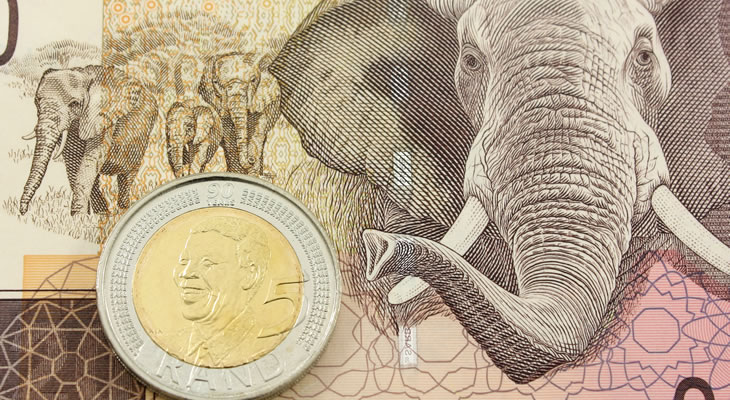Pound Sterling South African Rand (GBP/ZAR) Exchange Rate Defies UK Car Sales Slump
A sharp contraction in UK new car sales failed to knock the Pound Sterling to South African Rand (GBP/ZAR) exchange rate off an uptrend.
While sales contracted -20.5% on the month in September, a month which traditionally sees bumper demand, the mood towards Pound Sterling (GBP) remained on a stronger footing.
As the decline in sales was attributable to a number of factors, rather than just domestic uncertainty, this limited the negative impact on GBP sentiment.
In the wake of Theresa May’s closing speech at the Conservative Party conference the mood towards the Pound has generally improved, even though May maintained the threat of a no-deal Brexit.
With political jitters temporarily easing GBP exchange rates have seen more limited weakness, in spite of a continued lack of clarity surrounding the UK’s future relationship with the EU.
Underwhelming South African Data Weighs Heavily on South African Rand (ZAR) Exchange Rates
As the South African Standard Bank PMI remained within contraction territory in September this kept the South African Rand (ZAR) on a softer footing.
This latest sign of weakness within the South African economy gave investors fresh incentive to sell out of the Rand, especially in the face of rising market risk aversion.
ZAR exchange rates came under greater pressure as the US Dollar (USD) gained further ground, with the odds of a December Federal Reserve interest rate hike continuing to increase.
The South African Rand looks vulnerable to another dip in the US unemployment rate as further Fed monetary tightening bodes ill for the outlook of risk-sensitive assets.
As worries remain over the outlook of the South African economy, which has struggled as a result of rising global trade tensions, the GBP/ZAR exchange rate looks set to hold onto a positive footing.
UK Trade and Growth Data Set to Provoke Fresh GBP/ZAR Exchange Rate Volatility
Looking ahead to next week, Pound Sterling exchange rates are likely to see a fresh bout of volatility in response to Wednesday’s raft of UK trade and production data.
Evidence of greater strength within the economy could see the Pound pushing higher across the board, with manufacturing output expected to show a rebound on the month in August.
As Brexit-based uncertainty looks set to hang over the domestic outlook for some time yet to come any signs of resilience are likely to bolster GBP exchange rates.
Particular focus will centre of August’s monthly gross domestic product reading, with investors hoping to see a modest uptick in growth.
If the monthly GDP strengthens from 0.3% to 0.4% this may give the GBP/ZAR exchange rate a sharp boost, easing the negative impact of the underwhelming second quarter growth data.
Another disappointment, however, would leave the Pound vulnerable to renewed downside pressure.
Until market see signs of progress towards a Brexit deal the Pound Sterling to South African Rand (GBP/ZAR) exchange rate may struggle to hold onto any bullish trend for long.


Comments are closed.